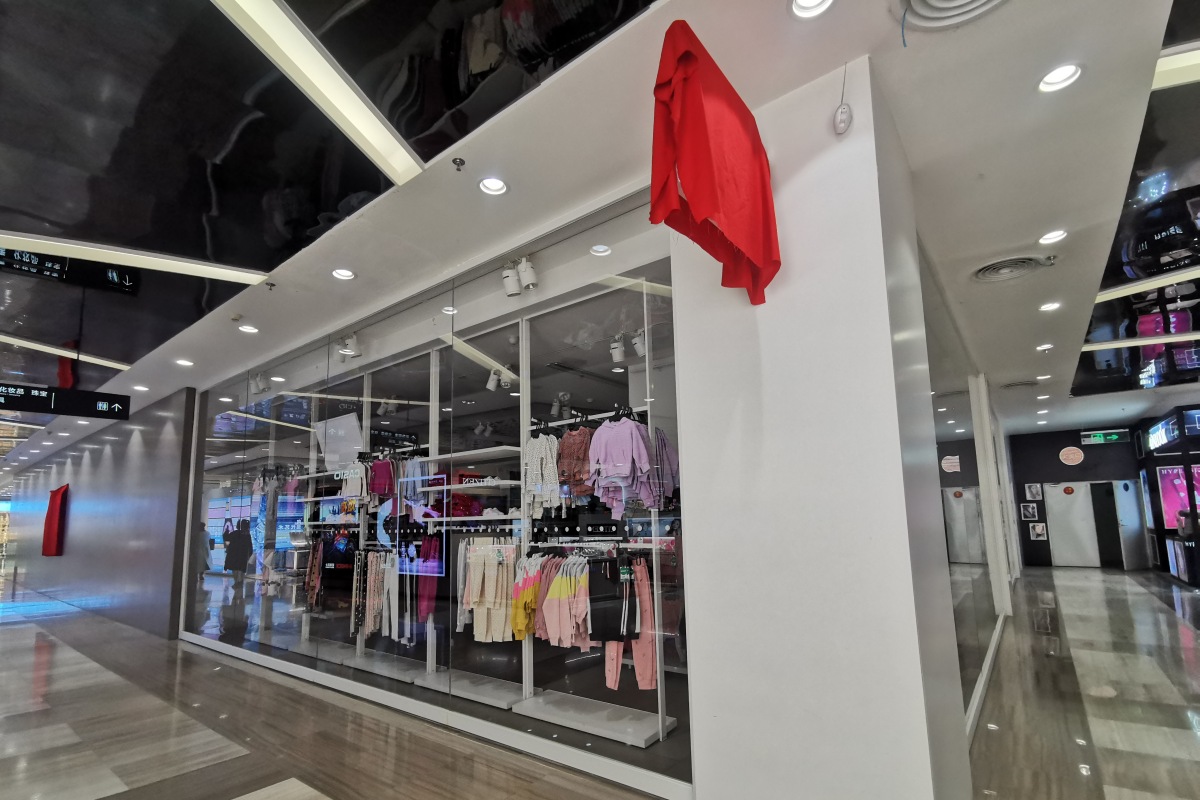Nike, Adidas, Burberry, Uniqlo ensnared in Xinjiang cotton controversy
A great many brands find themselves facing consumer ire and losing their celebrity endorsers in China as a boycott that began with H&M continues to spiral.
by Surekha Ragavan, Minnie Wang

